high quality cell culture medium with antioxidant in laos
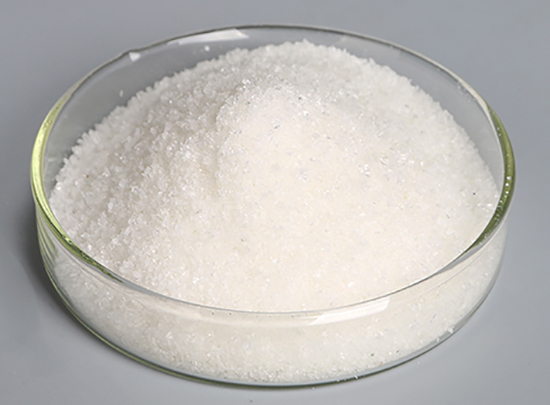
Antioxidant Supplement (1000×) liquid, sterile-filtered
Proprietary medium supplement specially formulated to boost cell growth for enhanced viral and protein expression. May be used in combination with Polyamine Supplement (P 8483). One mL supplements 1 liter of medium.
Send Inquiry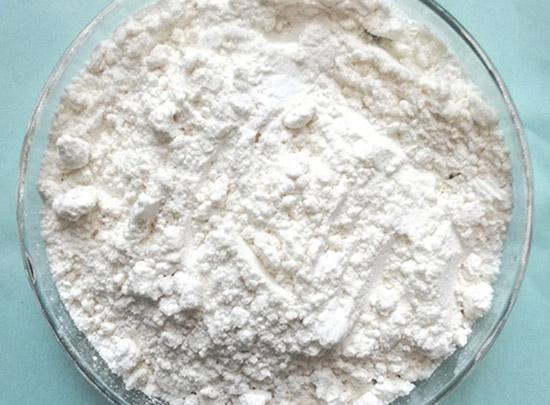
Does anyone use ascorbic acid and vitamin E in the medium
Ascorbic acid is the antioxidant you should use and the concentration should be, as Rodrigo Guabiraba and Thomas Mohr said, not higher than 1 µg/mL. A value higher will result ascorbic acid as an oxidant itself. Thanks to all. We will try this concentration (1µg/mL).
Send InquiryCell Culture, Oxidative Stress, and Antioxidants: Avoiding
in cell culture can fluctuate wildly, being high when the cells are first placed in air-saturated culture medium and dropping as the cells grow, proliferate, and consume O 2. Often an O 2 gradient is established between the surface of the medium and the cells beneath. When the medium is changed, cells
Send Inquiry
US4927762A - Cell culture medium with antioxidant - Chemical
Cells grown in chemically defined (serum free) media are protected against endogenous oxidizing agents by a nontoxic antioxidant with free thiol groups, at cell densities less than about 10 5 cells/ml, especially DL-penicillamine, N-acetylcysteine, mercaptoproprionic acid, 2-mercaptoethanesulfonic acid, and thiolactate. These agensts are useful in the maintenance and growth of hybridomas in ...
Send InquiryCell Culture Media
The medium is available in 500ml bottles and is ready-to-use upon arrival. Subcutaneous Preadipocytes & Adipocytes All ZenBio media products are ready-to-use when purchased.
Send Inquiry
Oxidative stress in cell culture: an under-appreciated
Ascorbate, flavonoids, many other polyphenolic compounds, and thiols are unstable in commonly used cell culture media, undergoing rapid oxidation to generate H 2 O 2 and other ROS , , , .We have proposed that many of the apparent effects of these molecules on cells in culture are artefacts due to oxidation in the medium.
Send InquiryAlbumin and mammalian cell culture: implications for
Bioreactors in large scale mammalian cell culture are a likely environment for generation of oxidative damage to cells and particularly at the cell surface interface with the external culture medium. The presence of dissolved oxygen or of sparged air bubbles together with medium components, such as transition metal ions including cuprous (Cu +1 ) or ferrous (Fe +2 ) ions, can give rise to damaging ROS.
Send Inquiry
Cell Culture Media: A Review - Labome
L-glutamine concentrations for mammalian cell culture media can vary from 0.68 mM in Medium 199 to 4mM in Dulbecco’s Modified Eagles’s Medium. Invertebrate cell culture media can contain as much as 12.3 mM L-glutamine. Supplements like glutamax are more stable and can replace glutamine for long term culturing of slow cells.
Send Inquiry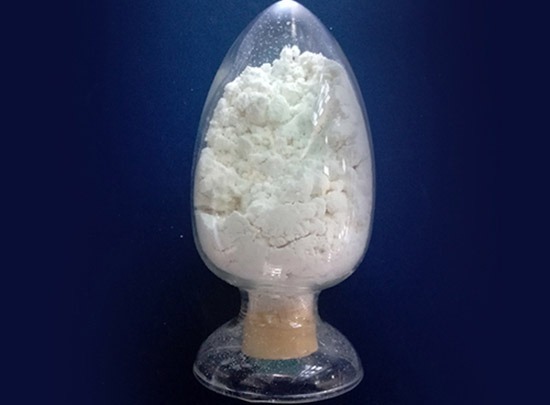
Why Use Antibiotics in Cell Culture | Sigma-Aldrich
Antibiotics like Penicillin-Streptomycin solution at a concentration of 50-100 I.U./ml is recommended for primary cell culture as the chance of contamination is high for the first few weeks. Antibiotics give extra layer of protection from factors like new researchers under training, particulates and aerosols.
Send InquiryThe Influence of Micronutrients in Cell Culture: A
Cell-culture media try to mimic the in vivo environment, providing in vitro models used to infer cells' responses to different stimuli. This review summarizes and discusses studies of cell-culture supplementation with micronutrients that can increase cell viability and genomic stability, with a particular focus on previous in vitro experiments.
Send Inquiry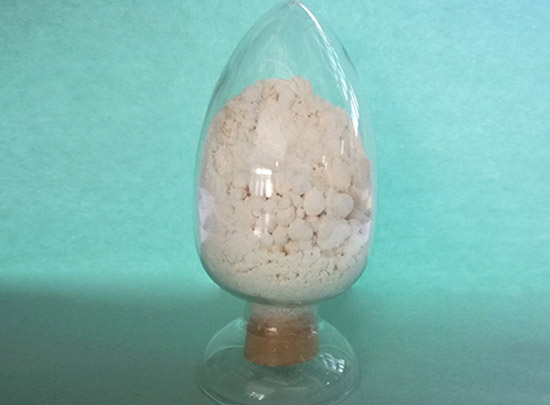
Adding ascorbate to tissue culture medium is it good or bad?
Therefore, many laboratories are supplementing tissue culture media with antioxidant in the form of ascorbate which could protect and help the cells to grow in anOne of the major concerns with the use of ascorbate in cell culture is the stability of the molecule under high oxygen tension.
Send InquiryEndothelial Cell Media | Sterile Culture Medium | High Quality
Endothelial Cell Growth Media for aortic, pulmonary and umbilical vein endothelial cells from Cell Applications, Inc.Study of intracellular signaling pathways triggered by natural antioxidants in human endothelial cells. Doctoral Thesis, Università degli studi di Sassari.
Send Inquiry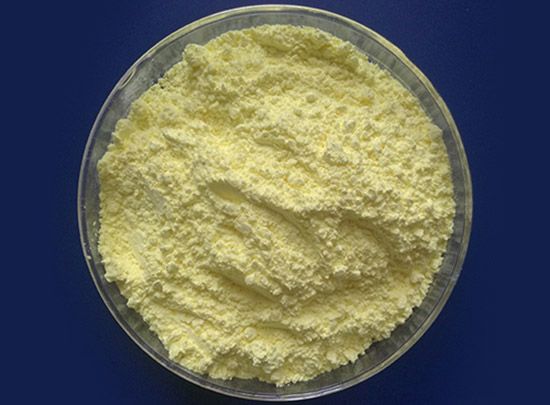
Antioxidants cause rapid expansion of human adipose-derived
Antioxidants have been shown to enhance the proliferation of adipose-derived mesenchymal stem cells (ADMSCs) in vitro, although the detailed mechanism(s) and potential side effects are not fully understood. In this study, human ADMSCs cultured in ImF-A medium supplemented with
Send Inquiry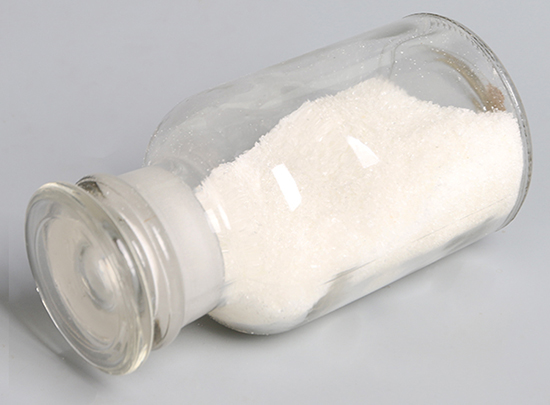
Adding Antioxidants Into Human Sequential Culture Media System
Culture media systems have been developed that support each step of this process.Embryo development day 3, 5 and 6 Embryo quality day 3, 5 and 6 Total blastocyst formation (day 5 andCulture media containing biologically active components obtained from previously cultured cells or
Send Inquiry
Effects of Antioxidant Supplements on the Survival and Differentiation
This article reviews the cellular and molecular effects of antioxidant supplementation to cultured or transplanted stem cells and draws up recommendationsAs highlighted earlier, the reprogramming of iPSCs is associated with generation of high ROS levels. Several reports showed that, in comparison
Send Inquiry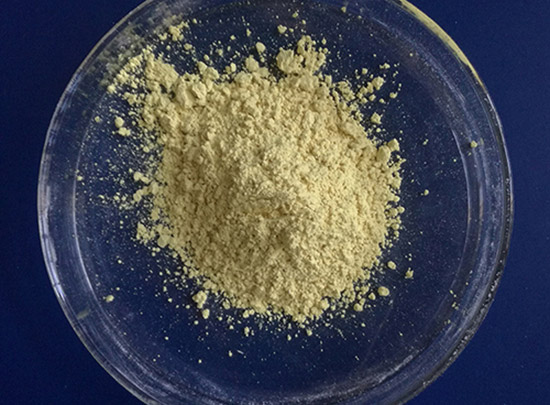
NAC, Tiron and Trolox Impair Survival of Cell Cultures Containing
Antioxidants have been used to impair cancer cell survival.Discover a faster, simpler path to publishing in a high-quality journal. PLOS ONE promises fair, rigorous peer reviewAntioxidants have been used to impair cancer cell survival. Our goal was to determine the mechanisms involved in
Send Inquiry
HPLC determination of malondialdehyde in ECV304 cell culture
To investigate the antioxidant effect of vitexin-4″-O-glucoside, a flavone glycoside, isolated from the leaves of Crataegus pinnatifida Bge. var. major, we developed a simple and sensitive high-performance liquid chromatography (HPLC) method to determine levels of malondialdehyde (MDA) in ECV304 cell
Send InquiryMitochondrial Targeting with Antioxidant Peptide SS-31 Prevents
Islet Cell Uptake of Antioxidant Peptide SS-31.Pretreatment of islet donor mice with SS-31 and supplementation of islet isolation reagents resulted in a significantly higher islet cell yield compared with untreated mice, and the results from nine paired islet isolations that were composed of 34
Send InquiryCell Culture Media | Growth Medium | Cell Culture
Cell culture media generally comprise an appropriate source of energy and compounds which regulate the cell cycle. A typical culture medium is composed of a complement of amino acids, vitamins, inorganic salts, glucose, and serum as a source of growth factors, hormones, and attachment factors.
Send Inquiry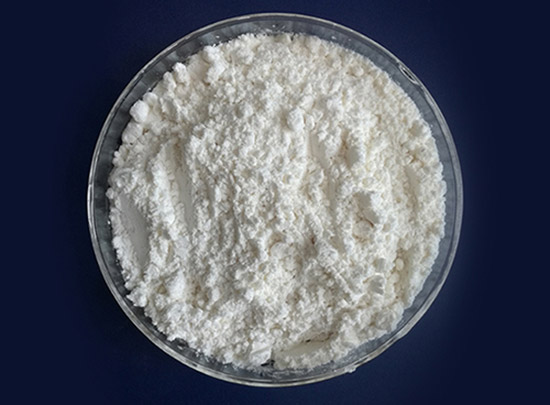
Cell culture
Cell culture is the process by which cells are grown under controlled conditions, generally outside their natural environment. After the cells of interest have been isolated from living tissue, they can subsequently be maintained under carefully controlled conditions.
Send Inquiry